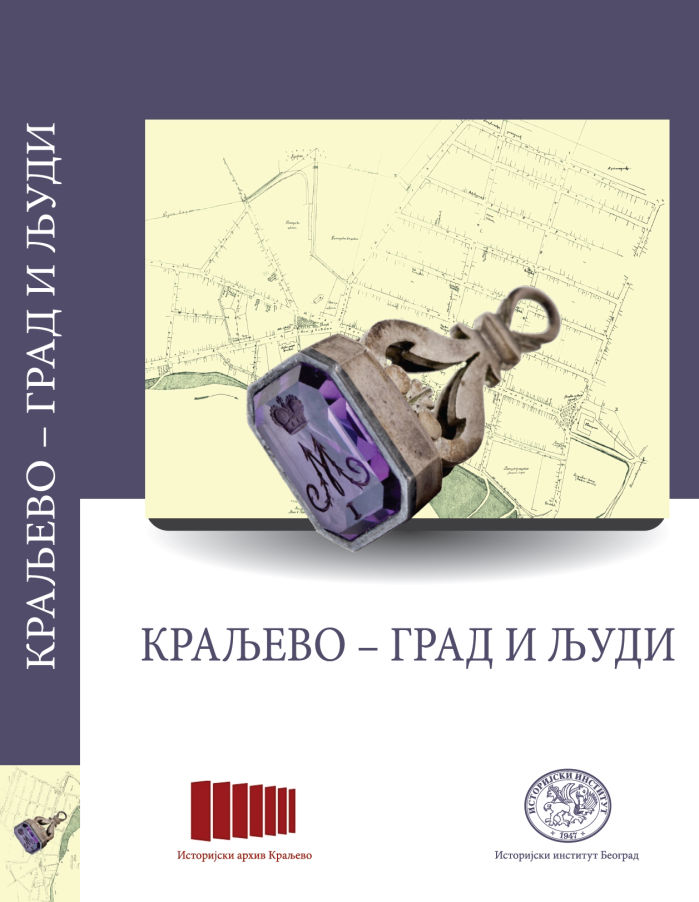
Ана Столић
ПОДРУЖИНА ЖЕНСКОГ ДРУШТВА У КРАЉЕВУ (1878–1914)
>>> Преузмите чланак (.pdf)
DOI: 10.34298/9788677431488121
УДК: 316.66-055.2:061.23(497.11)“18/19“
стр. 121–134
језик: српски
Апстракт:
У раду се разматра процес успостављања односа између средишне организације, хуманитарног грађанског удружења Женско друштво у Београду и једне од његових придружених чланица, подружине у Краљеву.Посебна пажња је посвећена отварању питања о политици централизације коју је спроводила Управа Женског друштва у престоници и отпорима у локалној средини. Женско друштво је билo организација дугог трајања (1875–1942) и представља својеврстан феномен у Кнежевини/Краљевини Србији и Краљевини СХС/Југославији. Створило је низ успешних установа (Раденичка школа, Пазар, Дом старица, Ђачка трпеза), и његове чланице су кроз вишегодишњи рад стекле искуство и самопоуздање у јавном деловању. Посебно место у раду Женског друштва имале су подружине. Подружина у Карановцу/Краљеву основана 1878. године, једна је од најстаријих. Иако је убрзо престала с радом, била је обновљена 1890. године. Њене чланице су највећи напор уложиле у отварање Раденичке школе у октобру 1892. године. Имале су самосталност у управљању школом, набављању средстава за рад подружине и располагале су новцем који су штеделе у Краљевачкој акционарској штедионици. На основу малог броја података уочљиво је да су у првој деценији 20. века њене чланице развиле посебне стратегије да би очувале неке аспекте независности од центра у Београду.
Кључне речи: Женско друштво, Подружина у Краљеву, 19. и 20. век, женска историја, политика централизације.